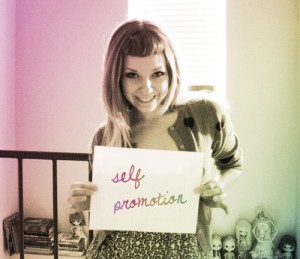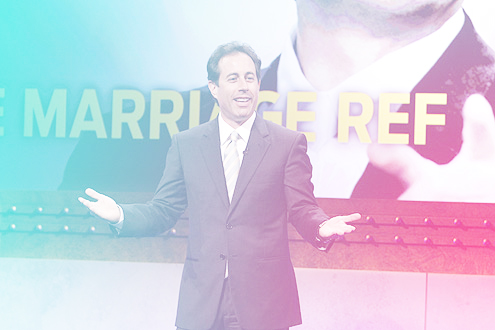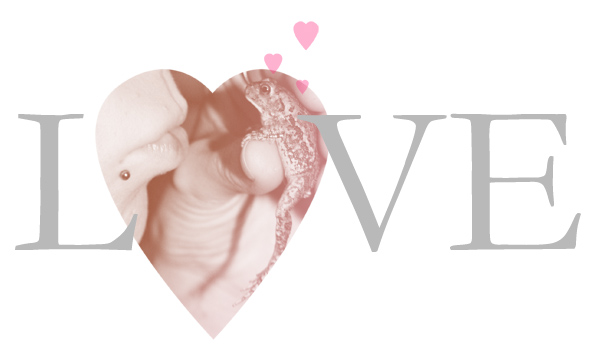When you first meet someone, your body goes through an entire system of processing input, long before you’re even cognitively aware of what you think about the other person. This process is a collaboration between your senses and your intuition, and it helps you “know” the most important things you need to know about a person within the first few seconds of an encounter. You’ve certainly experienced this before: someone introduces themselves, and immediately you feel your body either opening up to them, or closing itself off. This is due to your body interpreting all kinds of different input and making conclusions that tell you what kind of situation you’re dealing with. It takes into account things like the person’s walk, talk, smell, or eye movements, and decides whether the person is aggressive, shy, nervous, confident, and so forth. Theoretically, if you follow what your intuition tells you and don’t let the process go any further, you can know within a minute if you are in a safe situation or a dangerous one, and to what extent you can relax around this person, both physically and emotionally.
However, what happens after the initial data filter in your “belly brain” or intuition is that the information then goes to the next stage of filtration, in the brain. This is where a less accurate assessment goes on, where your habitual behavioral recognition skills kick in. It’s kind of like you have a database in your mind of all your past experiences and familiar patterns, and when you get in a new situation, your brain tries to make sense of what’s going on by comparing this situation to things it has seen, heard, or experienced in the past. It then tries to categorize this new person in a way that it can recognize and understand.
This is where the problem is. We have a lot of built-up defense mechanisms in place based on beliefs we have and stories we tell ourselves. We have learned and inherited a lot of prejudices that we use to apply to new people, regardless of what our intuition tells us. For example, perhaps when we meet a woman with fake breasts and a fake tan, we automatically assume she is shallow or insecure. Or maybe when we meet a guy with crooked teeth and a southern accent, we assume he is uneducated. When we let this second phase of filtering override our intuition, this sets us up for problems down the road.
Think of it this way: remember when you had that awful breakup, and then when you looked back on the relationship, you realized you knew it was going downhill long before it actually did? Knowing in your belly that things aren’t right is your intuition at work; deciding to ignore the bad gut feeling and continue as if everything is okay is your brain overriding your intuition. It’s strange that we have taught ourselves to do this, because it doesn’t benefit us in any way. Your body never lies, but your brain will tell you whatever it wants you to hear, whatever will protect it from pain in the short term. The brain is a wonderful servant, but it’s the intuition that is the better master. Your “belly brain” is a much more accurate connection with the truth, and the second-hand information from your brain, while useful in many respects, should never be taken as your sole source of facts.
So if the intuition has precision accuracy to lead us out of danger and into happiness, and the brain is flaky at best in this regard, then why do we do we so often override our intuition in favor of the brain? This is exactly what the divine feminine in each of us is crying out about, and it’s why it’s so important, especially in our complex culture, to reawaken her and let her do the job she does best. So much has been written about our systematic blocking of our intuition, but suffice it to say that until we learn how to reconnect and relearn to inner-view, we will continue to put ourselves in dangerous situations.
Sit down and make a chart of body versus brain, and find out which has led you astray more often.

 Put your most important foot forward. If you start out with “sexy” then that’s what people will value most about you.
Put your most important foot forward. If you start out with “sexy” then that’s what people will value most about you.






